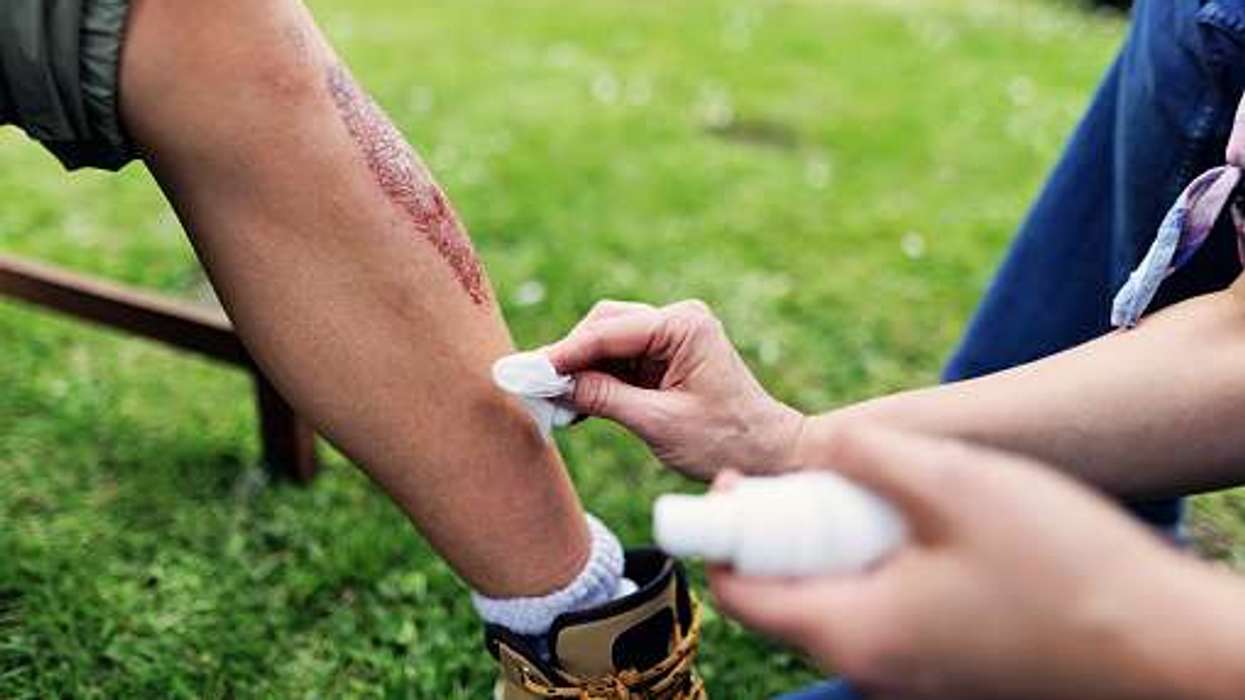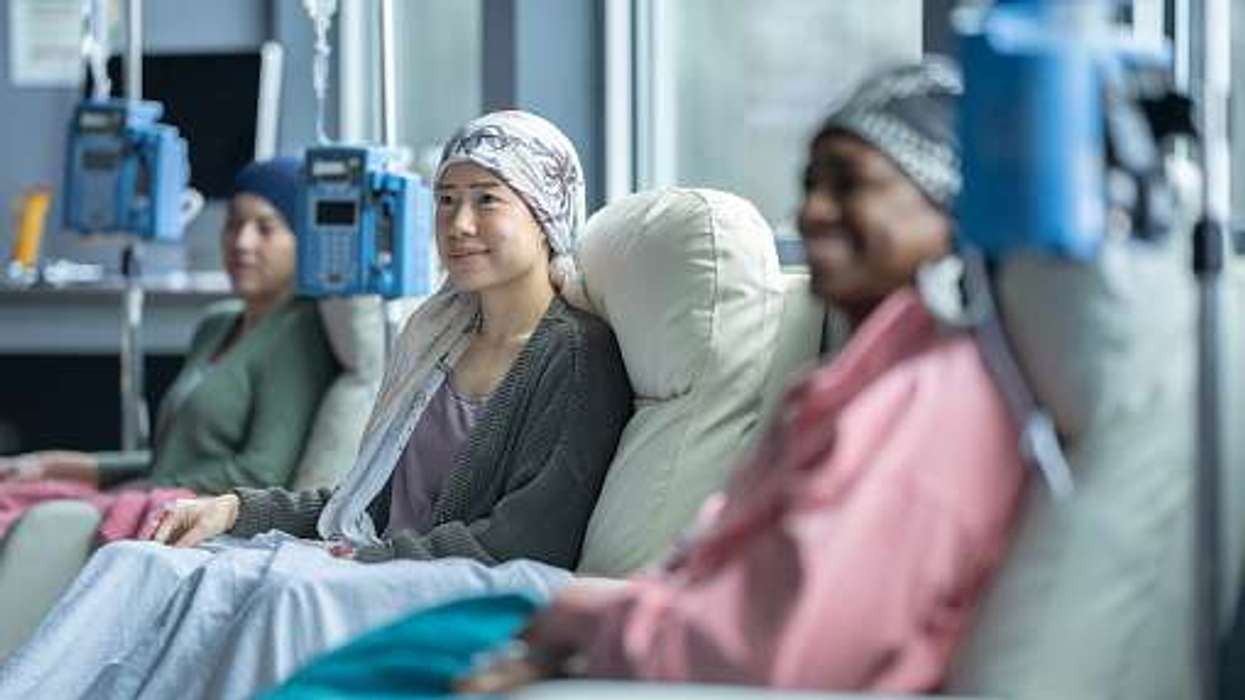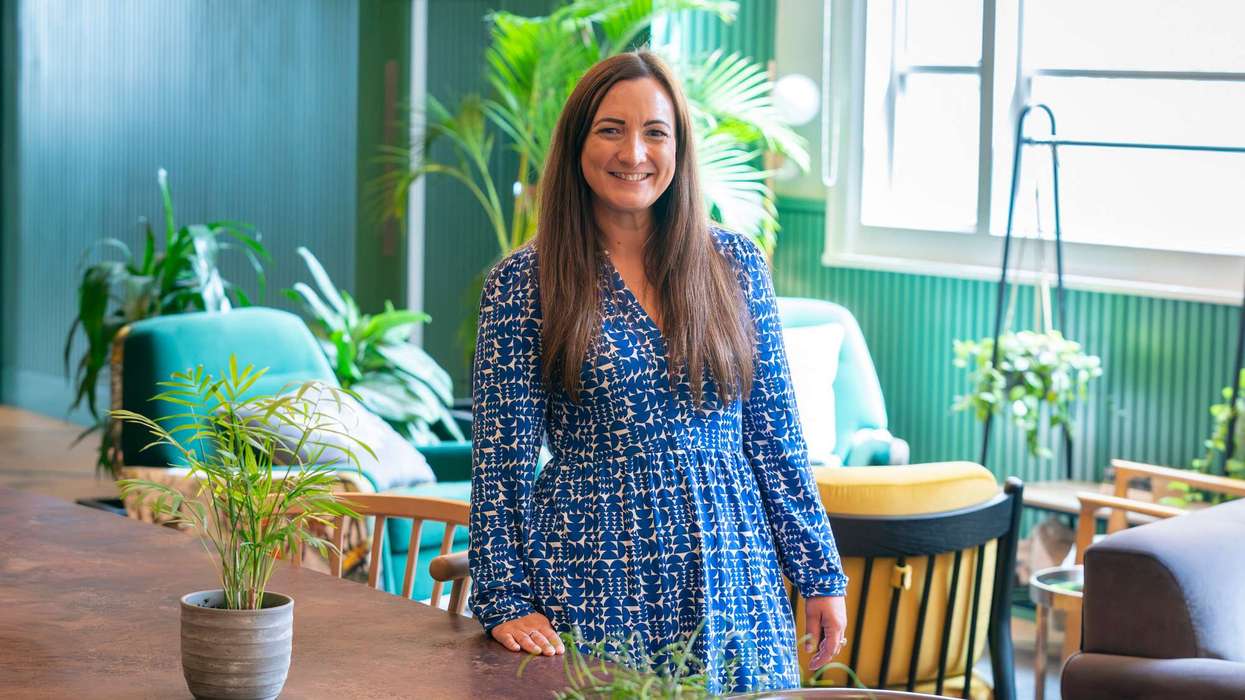Britain on Tuesday (January 4) faced warnings of an impending hospital crisis due to staff shortages caused by a wave of Omicron infections, as the country returned to work after Christmas.
However, Britain's vaccine minister said hospitalized Covid-19 patients were showing less severe symptoms than before, adding that there was no need for further restrictions at this stage.
Prime minister Boris Johnson resisted imposing stringent lockdown measures in England ahead of New Year as Omicron fueled a spike in cases to record highs.
While hospitalizations are rising they have not tracked the trajectory of daily cases, possibly reflecting the impact of vaccines and booster shots, the likely lower severity of Omicron and the time lag in people going into hospital.
"At the moment, if you look at the people who have been hospitalized, they are going in with less severe conditions than before," minister for Vaccines and Public Health Maggie Throup told Sky News, adding that the "Plan B" Johnson brought in in December was working.
"The numbers that are in hospital beds is about half what it was a year ago - and that just shows the power of the vaccine."
Neil Ferguson, an epidemiologist at Imperial College London, said that while infections in London in under-50s may have plateaued, the incredibly steep spike in that age group had not yet had time to spread to older age groups, which are more vulnerable to Covid-19.
"We may see a different pattern in hospitalizations. Hospitalizations are still generally going up across the country, and we may see high levels for some weeks," he told BBC Radio.
"Vaccination is holding up in terms of protection against severe disease, assisted by the fact that Omicron almost certainly is substantially less severe, but it still puts pressures on the health system."
Almost impossible
Matthew Taylor, chief executive of the NHS Confederation which represents healthcare providers in England, Wales and Northern Ireland, said cases appeared to have levelled off in London.
But he told Times Radio that staff shortages and rising cases across the rest of the country were a concern.
"The unpredictability of staff absence means NHS leaders having to work around the clock just thinking about how they can deploy their resources best to deal with the most urgent and pressing needs," he added.
"Even using all their imagination and creativity, it is becoming almost impossible, which is why we see hospitals declaring critical incidents."
Anyone testing positive for the virus has to self-isolate for 10 days, or seven days if they produce a negative test.
There have been calls to ease those restrictions for health staff to ease what Johnson on Monday said was "considerable pressure" on hospitals.
Taylor said reducing the self-isolation period to five days should only be done if the data indicated it was "absolutely safe".
Pupils returning to school also faced the prospect of mass staff absences and merged classes.
Secondary school pupils have been advised to wear face masks in class as a "temporary" measure.
Transport networks also battled absences, leaving commuters facing long waits on their return to work, while other public services such as household bin collections were hampered.
Britain has seen nearly 149,000 deaths since the start of the pandemic in early 2020 and Johnson has defended his decision not to increase restrictions over Christmas in England, unlike in other parts of the UK.
A review of restrictions is expected this week.











